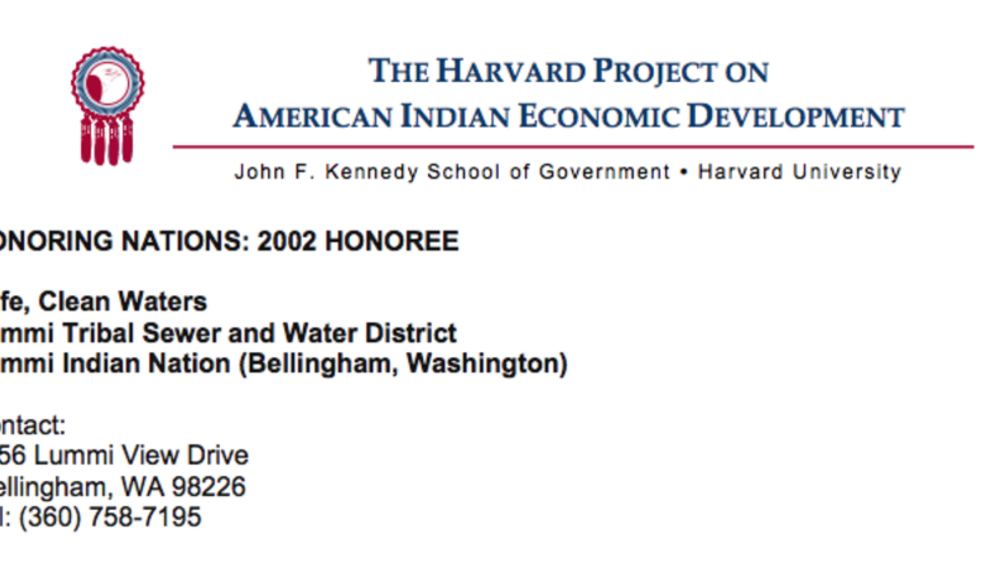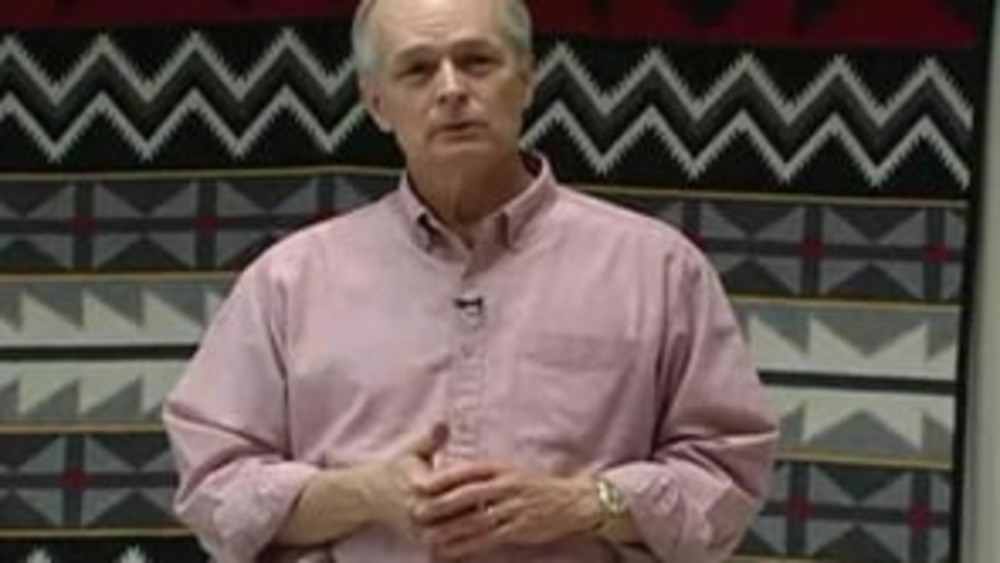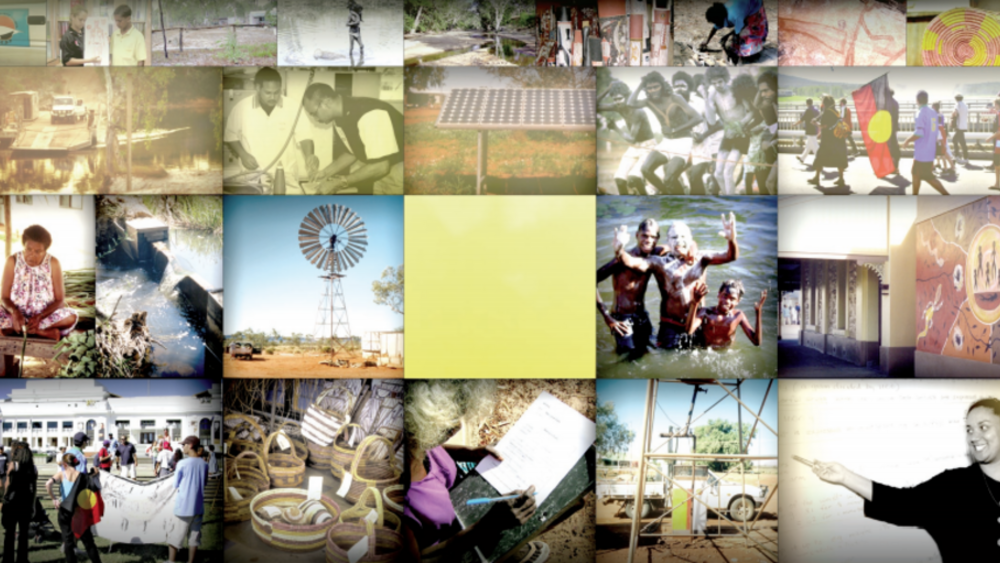Indigenous Governance Database
self-administration

Lummi: Safe, Clean Waters
Governed by a five-member, independently elected board that includes two seats that are open to non-tribal fee land owners, the Lummi Tribal Sewer and Water District provides water, sanitary and sewer infrastructure, and service to 5,000 Indian and non-Indian residents living within the external…

From the Rebuilding Native Nations Course Series: "Remaking the Tools of Governance: What Can Native Nations Do?"
Harvard Project on American Indian Economic Development Co-Director Stephen Cornell discusses the need for Native nations to reclaim and remake their tools of governance in order to meet the nation-building challenges they face today.

David Montgomery: The Quinault Indian Nation's Q-munity Roadmap
In this interview with NNI's Ian Record, Quinault Indian Nation Budget Officer David Montgomery provides a comprehensive overview of Quinault's Q-munity Roadmap performance-based budgeting process, and discusses how citizen education and engagement has proven crucial to the success of this…

From Gove to Governance: Reshaping Indigenous Governance in the Northern Territory
This paper attempts to identify the key challenges facing Indigenous people and governments in reshaping the architecture of Indigenous governance in the Northern Territory of Australia, and considers some strategic options for a way forward. First, a brief historical background is provided to…
